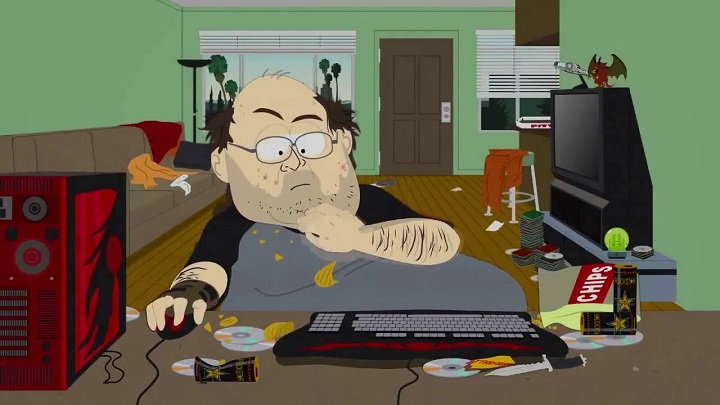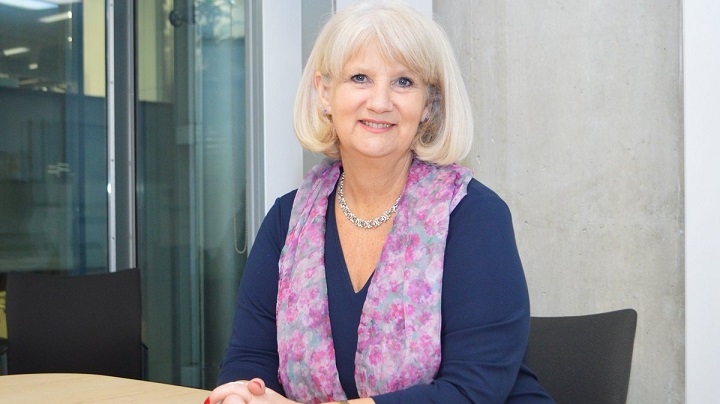A Clinic For Treating Gaming Addiction Opens in UK
The British Health Service has announced the opening of the country's first clinic for technology addiction. The facility will treat cases of addiction to video games, social media and the Internet in general.

It has been a long time since the International Health Organisation recognised excessive gaming as an illness. However, you can't help noticing that this has not translated into tangible action, except for the recent Fortnite lawsuit against Epic Games. This has changed in the UK, where the National Health Service (NHS) has announced the opening of a specialist clinic offering technology addiction treatment. The facility is part of the National Behavioural Addiction Centre and its activities include assistance in cases of addiction to video games, social media and the Internet in general for people aged 13-25.

It is no secret that the British government is watching video games closely. It was during the meeting of the local committee that the infamous words of the representative of Electronic Arts, calling lootboxes "surprise mechanics" were uttered. Just a month ago, an 84-page report appeared in which a specially appointed committee called, among other things, for the blocking of access to lootboxes for minors, and for technology companies to show greater responsibility for potentially addictive products. Claire Murdoch, NHS Director of Mental Health, who was contacted by Gameindustry.biz, agrees:
"Compulsive gaming and social media and internet addiction is a problem that is not going to go away when they play such a key part in modern life. The NHS is rising to the challenge - as it always does - with these new, innovative services, but we can't be expected to pick up the pieces, which is why tech giants need to recognise the impact that products which encourage repeated and persistent use have on young people and start taking their responsibilities seriously too."

There can be no denying that the subject of the harmful effects of video games is a rather sensitive one. The fact that it is difficult to ignore reports showing not only controversial practices of publishers, but also actual examples of their influence. Unfortunately, there is no shortage of people who would move from accusations of addiction to accusations of violence, stupidity of youth and causing accidents (and probably even holes in socks), even if subsequent studies seem to prove these statements wrong. In any case, the NHS initiative may encourage other countries to do the same. All the more so because the report and Claire Murdoch's statement suggest that the British government has not yet said the last word and is not likely to let technology companies off the hook anytime soon.
0

Author: Jacob Blazewicz
Graduated with a master's degree in Polish Studies from the University of Warsaw with a thesis dedicated to this very subject. Started his adventure with gamepressure.com in 2015, writing in the Newsroom and later also in the film and technology sections (also contributed to the Encyclopedia). Interested in video games (and not only video games) for years. He began with platform games and, to this day, remains a big fan of them (including Metroidvania). Also shows interest in card games (including paper), fighting games, soulslikes, and basically everything about games as such. Marvels at pixelated characters from games dating back to the time of the Game Boy (if not older).
Latest News
- End of remote work and 60 hours a week. Demo of Naughty Dog's new game was born amid a crunch atmosphere
- She's the new Lara Croft, but she still lives in fear. Trauma after Perfect Dark changed the actress' approach to the industry
- „A lot has become lost in translation.” Swen Vincke suggests that the scandal surrounding Divinity is a big misunderstanding
- Stuck in development limbo for years, ARK 2 is now planned for 2028
- Few people know about it, but it's an RPG mixing Dark Souls and NieR that has received excellent reviews on Steam, and its first DLC will be released soon

